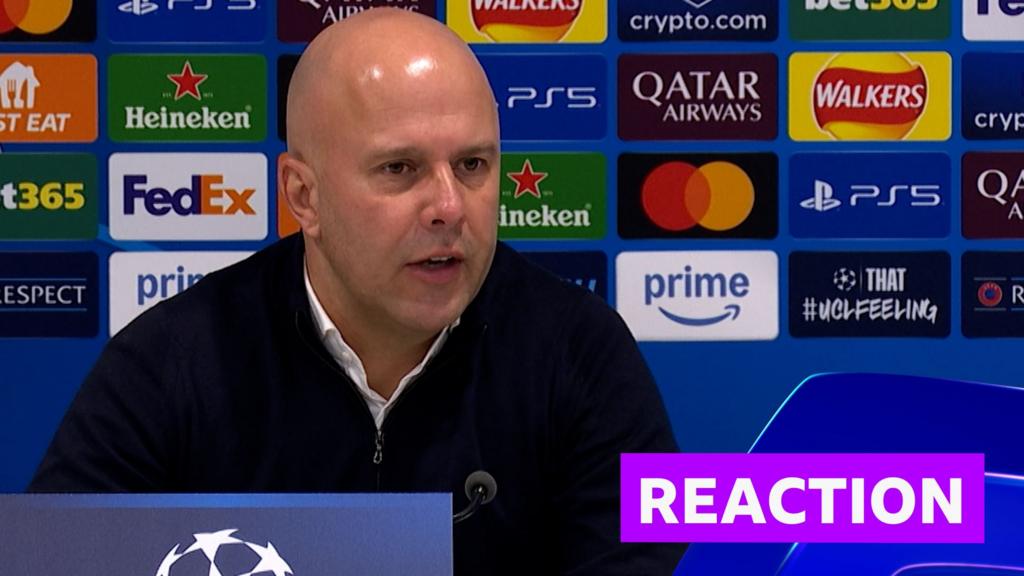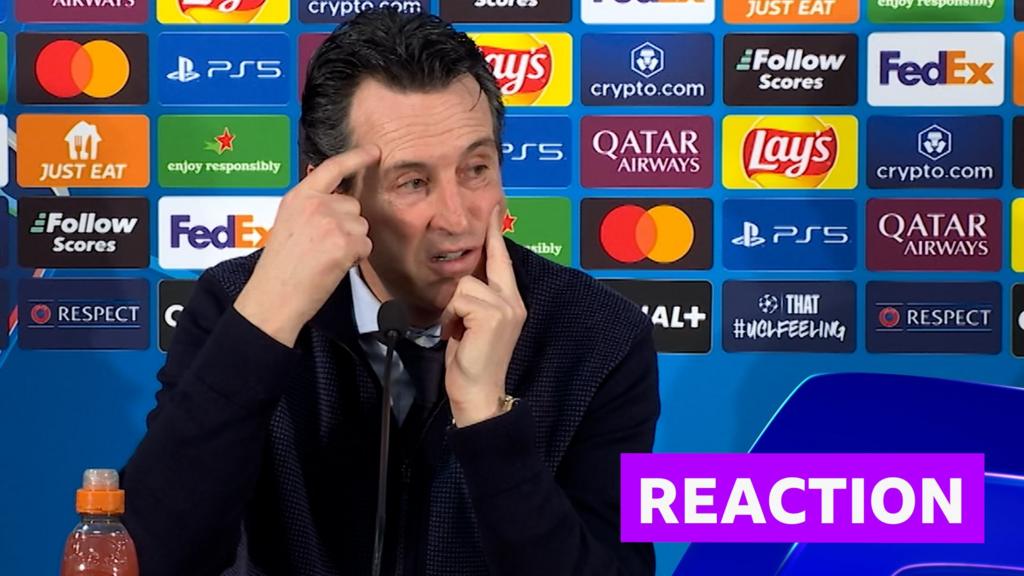ARTICLE AD BOX
The last time Hearts were searching for a new manager, they got no further than the man they had called up from the club's B team to act as interim boss.
Eighteen months on, the story looks likely to be very different - and it could be the first of the decisions that could make Hearts serious rivals to Celtic and change the landscape of Scottish football.
Hearts have been in talks with Brighton & Hove Albion owner Tony Bloom about becoming a minority shareholder and investing a multi-million pound amount in the club.
While Bloom's investment would be welcome, it is what the 54-year-old would bring with him that would be the game-changer.
Starlizard is the data analysis company set up by Bloom that has turned Brighton from the League One club he bought in 2009 into contenders for a Champions League place little more than a decade later.
Bloom made his fortune from betting, using Starlizard to predict the fair odds for each market and identify discrepancies.
So when he bought the Seagulls, he decided to employ the statistical expertise that had made him a millionaire in the football club he had supported all his life.
The results have been extraordinary.
Brighton have become the smartest recruitment operation in the global game, buying unknown players for relative pennies and selling them for up to £115m.
Moises Caceido (£100m rising to £115m), Marc Cucurella (£60m), Ben White (£50m), Alexis Mac Allister (£35m rising to £55m) and Yves Bissouma (£30m) all arrived in Sussex unheralded and left as some of the top players in the Premier League.
It is an operation that might be, if anything, getting even better. If the Seagulls put left-back Pervis Estupinan, defensive midfielder Carlos Baleba, winger Kaoru Mitoma or forward Joao Pedro for sale, Europe's elite clubs would be queuing up.
Baleba, the player Starlizard's algorithms had identified as the perfect replacement for Caicedo, is likely go for a fee approaching that of the £115m man.
Brighton's recruitment is an operation so admired that new Chelsea owners Clearlake wanted it for their own.
They hired manager Graham Potter and five of his coaching staff. They lured Brighton's head of recruitment Paul Winstanley. And then they brought in Winstanley's replacement Sam Jewell.
But they did not have the crucial cog in Brighton's success; Starlizard's application of its data-driven analysis of players across the world to inform clever recruitment.
So while Brighton continue to pick up gems such as Newcastle United winger Yankuba Minteh - sent on loan to Feyenoord last season - and Turkish left-back Ferdi Kadıoglu, Chelsea continue their haphazard approach.
A new manager rather than new players is the priority for Hearts now, though, and the Tynecastle club have indicated Starlizard will be involved in the search.
They have a good recent track record in that field too, employing ex-Ostersunds and Swansea boss Potter, then out-of-work Roberto de Zerbi - who interested Liverpool and Bayern Munich this summer before switching to Marseille - and seemingly striking gold with the relatively unknown Fabian Hurzeler.
It is a list of appointments that suggest Hearts will hire well this time around.
Cynics might suggest Bloom will offer a diluted version of Starlizard to Hearts and keep all the best players the firm unearths for his beloved Brighton.
Well, there are enough good players in the world to go around, but also consider the tale of Union Saint-Gilloise, in whom Bloom bought a minority stake in 2018.
They had a glorious past with 11 league titles but their last triumph was in 1935 and they had spent more than 20 years in the lower leagues.
It's a different story now. Last season they won the Belgian Cup - their first trophy since that 1935 title - finished top of the regular-season league table [they lost in the play-offs], and played Liverpool in the Europa League.
Hearts fans might also welcome the presence of former defender David Weir as technical director at Brighton as an assurance they will be looked after.
The ex-Scotland centre-back might still have a soft spot for his old club, but Brighton's success is based on cold, hard stats, not gut instincts and old pals acts. In fact, it is the very opposite of old-style scouting.
If Hearts fans needed further evidence that the data approach to recruitment could be replicated in Scotland, consider that it was similar models that informed Liverpool's recruitment under Jurgen Klopp.
It was director of research Ian Graham and his team who pinpointed Mohamed Salah and Sadio Mane and who advised Klopp to take a chance on relegated Hull City's left-back Andrew Robertson.
Or look at another small club punching way above its weight, Brentford.
During the period he made his money in gambling, Bloom employed Matthew Benham for Premier Bet.
Benham then made his own fortune - using his company Smartodds - to fund the purchase of his ailing boyhood club Brentford, and its statistical approach to recruitment has established the Bees in the top flight.
Data-driven decisions have worked in football at various levels and in various countries. Hearts fans might be about to get their taste - and it could have far-reaching consequences for the Scottish game.

 3 months ago
18
3 months ago
18








 English (US) ·
English (US) ·